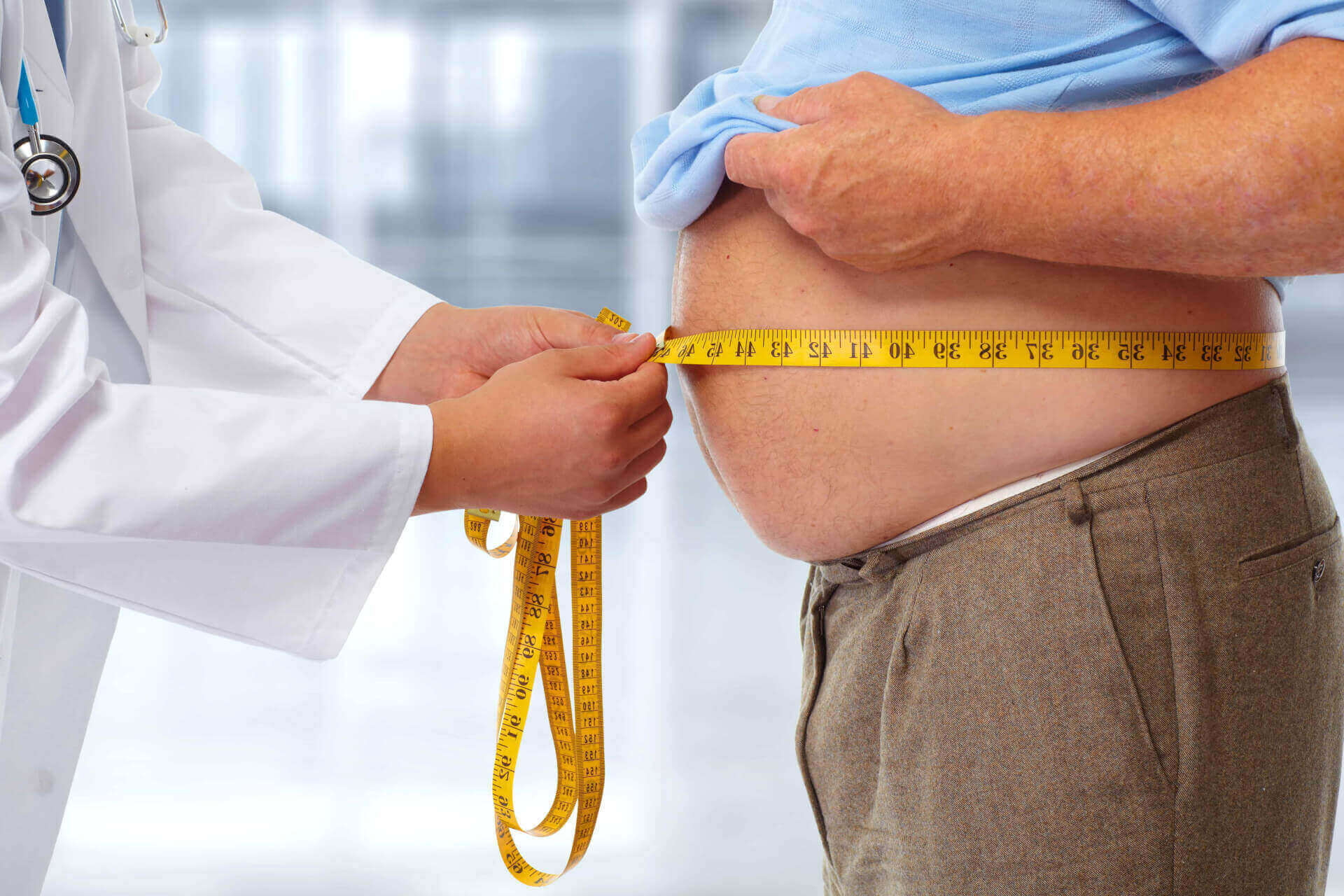Surgery should be considered only when you are trying to lose weight for 6 months to 1 year and are not getting success.
If your BMI is above 37.5, or 32.5, and is accompanied by any other disease such as type 2 diabetes, cholesterol, etc., then you can get surgery.
Due to increasing weight, cholesterol and blood sugar levels also increased.
Treatment of Obesity – Bariatric Surgery
How is Bariatric Surgery done?
There are two types of bariatric – restrictive and malabsorption.
In restrictive surgery, the size of the stomach is reduced, due to which your stomach feels full for a longer time. One type of restrictive surgery is called Sleeve Gastrectomy, in which a portion of the stomach is removed laparoscopically using a small cut.
Malabsorption surgery, such as gastric bypass, reduces your stomach's ability to digest food.
The method of surgery also depends on your health. It is advisable to take this step only after a detailed consultation with your doctor.
What happens after surgery?
Laparoscopic bariatric surgery is a safe and minimally-invasive procedure that uses fewer and smaller cuts. Because of this, you will have to stay in the hospital for only 2-3 days.
You do not need to be hungry after surgery as your desire to eat will gradually decrease.
Can obesity come back after surgery?
Although the effect of surgery lasts for a long time, if you do not take precautions, you can start gaining weight again. Surgery may reduce your desire to eat, but it is your responsibility to maintain your diet regime.
If you follow the advice of your doctor and dietician to maintain a balance between your health and diet, then you will feel your weight loss rapidly in the first 6 months. Weight loss slows or decreases after 6 months, and stops within 2 years.
Monitoring diet and exercising regularly does not make difference in cases of extremely overweight patients. Then surgery can help
Within a few days, you can start living daily life again as normal. Ensure later for a follow-up check-up, to check weight and health. Cholesterol and blood sugar levels will also come under control in due course.
(Disclaimer: The content on this site is for informational purposes only, and should not be taken as professional medical advice. Always seek the guidance of your doctor or other health professionals for any questions you may have regarding your health or a medical condition.)

 Bariatric surgery is the latest technology to lose weight for overweight and extremely obese patients. If you have tried everything and still cannot lose weight, Bariatric surgery is the last option.
Bariatric surgery is the latest technology to lose weight for overweight and extremely obese patients. If you have tried everything and still cannot lose weight, Bariatric surgery is the last option. 









.jpeg)



.jpg)




.jpg)





.jpeg)

.jpg)


